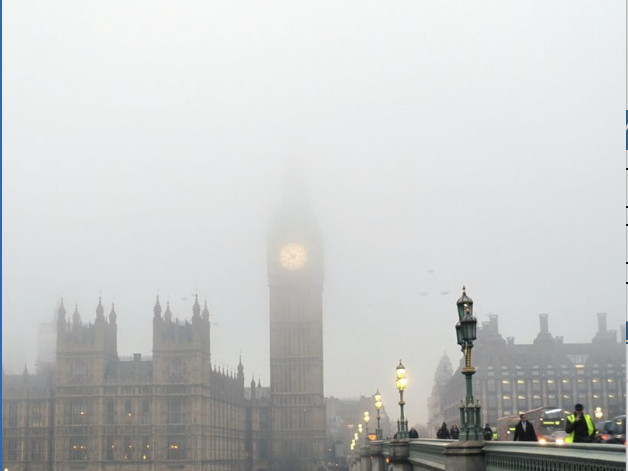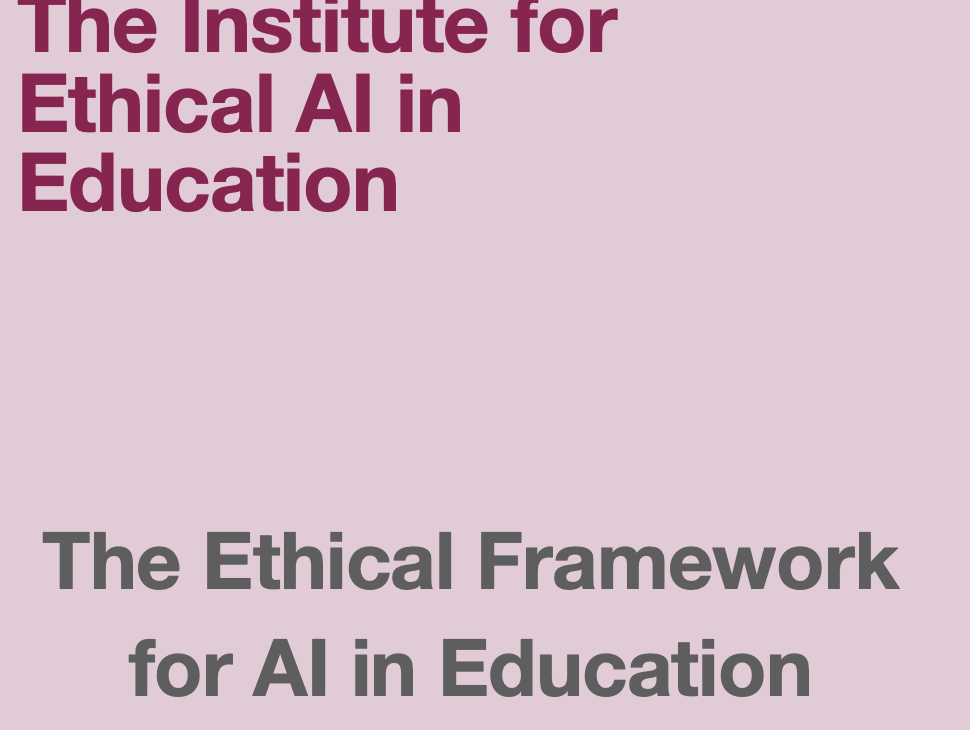![]()
POSTED ON BY GEORGIA MEYER
The rise of facial recognition technology has been described as “Orwellian” by Met Police Chief Cressida Dick.
Source: https://pixabay.com/illustrations/face-detection-scan-scanning-4791810/
Artificial intelligence technologies that are candidates for potential regulation were outlined in a speech to the Institute of Advanced Legal Studies’ annual conference.
A member of the House of Lords has called for an immediate halt to police use of live facial-recognition technology, during a speech to legal academics.
Liberal Democrat peer Lord Clement-Jones outlined his opposition to a range of AI technologies during his speech at the Institute of Advanced Legal Studies’ annual conference.
The peer, who is the co-chair of the parliamentary group on Artificial Intelligence, has previously proposed a private member’s bill in Parliament which seeks to ban the use of facial recognition in public places. The bill, which was tabled in February, is currently waiting for its second reading.
During his speech, Lord Clement-Jones outlined the wide variety of uses of AI in public life, many of which are positive, but highlighted certain areas that he believes should be “early candidates for regulation”.
These include the use of algorithmic decision-making in policing, the criminal justice system, recruitment processes, financial credit scoring and insurance premium setting. The peer sees the technologies as lacking transparency and accountability.
Lord Clement-Jones told the conference that current EU legislation is overly data-centric and fails to take account of the nuanced ways that algorithmic decision-making is being applied to many areas of our lives. The development of a ‘risk-mechanism’ in the law, to assess ethical dilemmas on a case by case basis, is critical, he said.
His remarks come a week after the UK Minister for Data, John Whittingdale, gave an upbeat speech about “unlocking the power of data and artificial intelligence to catalyse economic growth” in a post-Brexit UK, during his speech at the Open Data Institute.
29th January 2018
Lord C-J Calls for Action on Museum Finance
11th September 2016
Lord C-J calls for restriction on PSPO’s
31st January 2016
Lord C-J calls for Action on Creative Skills
29th December 2014






